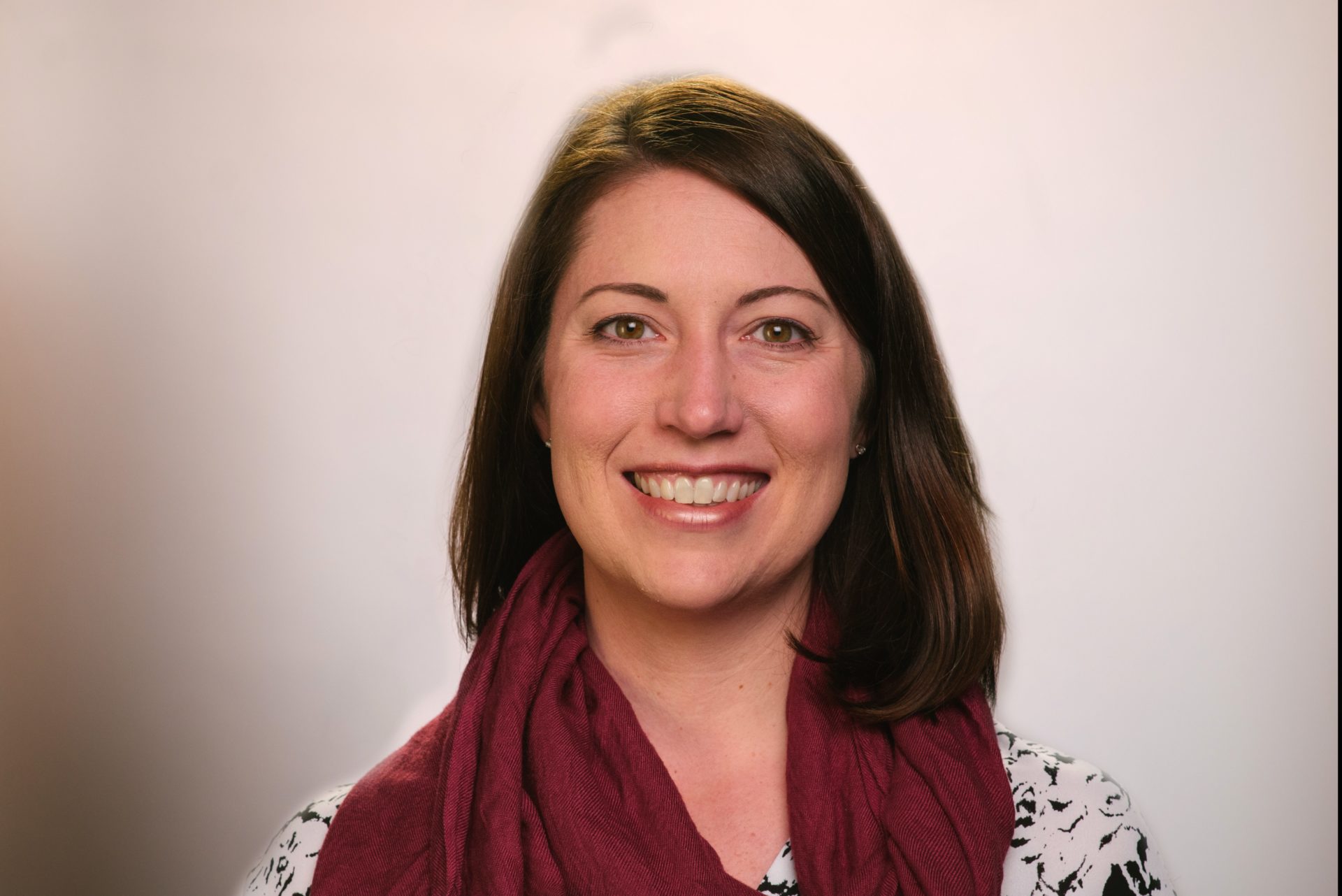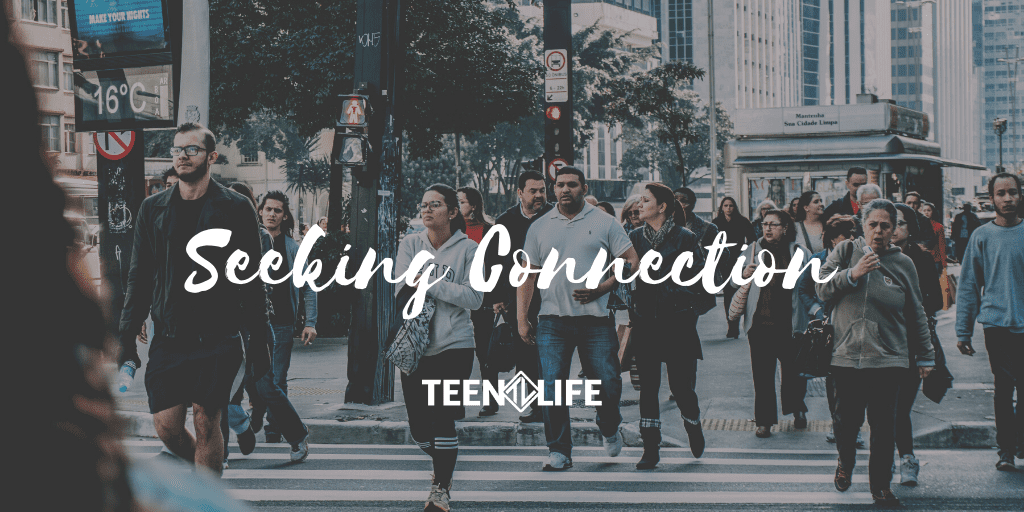We are hard-wired for connectivity.
In the wake of another high school tragedy, I’m ever more convinced that we are losing the art of connection. I say this because, in the case of Nathaniel Berhow, none of the people he interacted with regularly had any clue that he was angry or sad or depressed enough to walk into Saugus High School and shoot five people. He was a “regular guy” who kept to himself.**
We are made to be connected, yet so many of us feel disconnected. Not just alone in a crowd, but lonely in a crowd.
Too many people lack the connectedness of authentic relationships. People who know you, who see you.
I was recently struck by something author and life coach, Martha Beck, said. “Loneliness is proof that one’s innate search for connection is intact.”
Chronic loneliness affects up to 47% of Americans and an estimated 9 million people in the UK according to MDLinx. People long to be connected and seem to be coming up short.
Even more astonishing is that people who report suffering of loneliness also have mortality rates similar to those of a person smoking 15 cigarettes a day.
15 cigarettes a day!
A 2018 study by Cigna and Ipsos found that among the lonely, Generation Z is the loneliest. The study notes that “Feeling like people around them are not really with them, feeling shy, and feeling like no one really knows them well are among the most common feelings experienced by those in the Generation Z (adults ages 18-22).” Students were also found to be the loneliest.
Loneliness plagues our society: the chronically lonely and everyone, who aware or unaware, knows someone who is lonely. Or who will at some point in their own lives feel lonely.
There are many reasons why loneliness or feeling disconnected from society might require external intervention. Don’t ever be afraid to ask for help.*
There is one solution that both sides of the equation have in common. It’s obnoxiously simple.
Be kind.
Simple acts of kindness are the easiest way to start building connections.
If you are lonely or sad or angry, take a small step toward healing with some small act of kindness.
Even if you don’t feel like you need anything, but want to make the world a better place, go out of your way to be kind to someone.
In looking beyond our own feelings and seeking to help others, we build connection where none existed and strengthen connections we already had. Because kindness can be the heart of connectivity.
In the 1970s, Dr. Robert Nerem performed a health study using rabbits. The crazy thing is that he discovered as much about the importance of kindness as he did about health. The rabbits that were supposed to be declining in health fared 60% better when they had a caretaker who was kind to them.
The results are two-fold. It actually improves your own mental health and consequently your own physical health when you consider others first. And it improves the health of the people around you too.
One of our favorite books at our house lately is Be Kind by Pat Zietlow Miller. The main character asks, “But what does it mean to be kind anyway?”
I think most people over 10 can come up with a few simple examples, but it seems that many people over 10 have trouble executing on them.
Here’s the thing. It’s so easy to start.
Hold a door open.
Make eye contact and smile at the cashier the next time you check out.
Ask a friend how they are doing and actually wait for the answer.
Take cookies to your neighbor.
Volunteer at a local charity.
You can choose a commitment level. Kindness is usually free. It doesn’t have to take much time. But it changes everything. Better yet, it connects us all.
We are a lonely crowd.
But we don’t have to be.
And maybe we can start healing the tragedy that is plaguing our schools and communities. Maybe we can start seeing the Nathaniels in our midst. It probably won’t fix all the problems. But it might be a good start.
*If you are lonely and looking for more ideas on where to start, check out this article from Good Housekeeping.
**To read more about high school shootings, have a look at our 2018 post, Combatting Fear in the Face of School Shootings.

Kelly Fann
Marketing Assistant
Karlie was in one of Teen Life’s original support groups and now is passionate about encouraging students to live better stories. She has gained experience working with teenagers through work, volunteer, and personal opportunities.
Kelly has lived in three countries and worked with teens across the world, encouraging them to pursue their passions and to be kind.
